Trip to the Dalai Lamas' Residence in Dharamsala
The dialogue was entitled Ecology, Ethics and Interdependence. As a social scientist and mystic, I enjoy the opportunity to blend my worlds and discover scientific evidence that supports so much of what of I have been teaching and facilitating over the years. Consciousness has the potential to expand beyond what our brains can conceptualize. Perhaps with a better scientific understanding of the mind and conditioning, humans will overcome their resistance, rationalizations and attachments.
I am aware that since change is constant, truth changes and so does scientific evidence. So to thrive as humans, it is to our advantage to be adaptable and aware. Since our attention is limited, we need to be aware of our focus, of how we make decisions and of how we create change.
During the Dialogue, we explored the overwhelming evidence of climate change and the human footprint. As humans, our attention is limited so what do we focus on? How do we make decisions? Do we use our heads, hearts or both? What is the conceptual framework for change? Can you start to consider your handprint or even your mindprint? If we are interested in alleviating suffering on the planet, where do we begin?
Of course, we start with ourselves. We take responsibility for our thoughts, feelings, actions and impact. We are capable of being aware of what we think, feel and do and what the outcomes of our choices are. As humans, we have the capacity to strengthen our neutral observer and compassionately pay attention to how we live our lives and to what we are manifesting. We have the ability to change our patterns, beliefs and behaviors once we know what they are. Since we don't know what we don't know, it is our responsibility to be willing to keep exploring and discovering new ways of being and doing. Remember, change is constant so we need to change too.
The Dalai Lama spoke of losing his freedom when he was 15 years old and his country when he was 24. For a moment, consider how he has adapted to those loses and the impact he has had on the world as a result. He is a great teacher of compassion, kindness and resilience.
Awareness Exercise: Take a few deep, centering breaths and allow your awareness to pay attention to where you may be feeling frustrated, powerless or like a victim. With your neutral observer, detach and review the situation. What choices do you have? What is your part in giving up your power or allowing yourself to be a victim? Keep breathing and allow your higher self or consciousness to show you new possibilities or new ways of being in the situation. The only thing you can change is you and how you respond to the situation. If nothing comes, ask for the willingness to know and to change. Ask a trusted person for their suggestions on how to do it differently. It is OK to ask for help. If you decide there is another way for you to engage, be aware of your willingness and courage to try something new and see what happens. Be aware of your resistance to change, of your comfort in the old familiar pattern and of your attachment to drama. Find your self-compassion and breathe into it. You are capable of letting go of what no longer serves you and finding new ways of being. Humanity thanks you.
